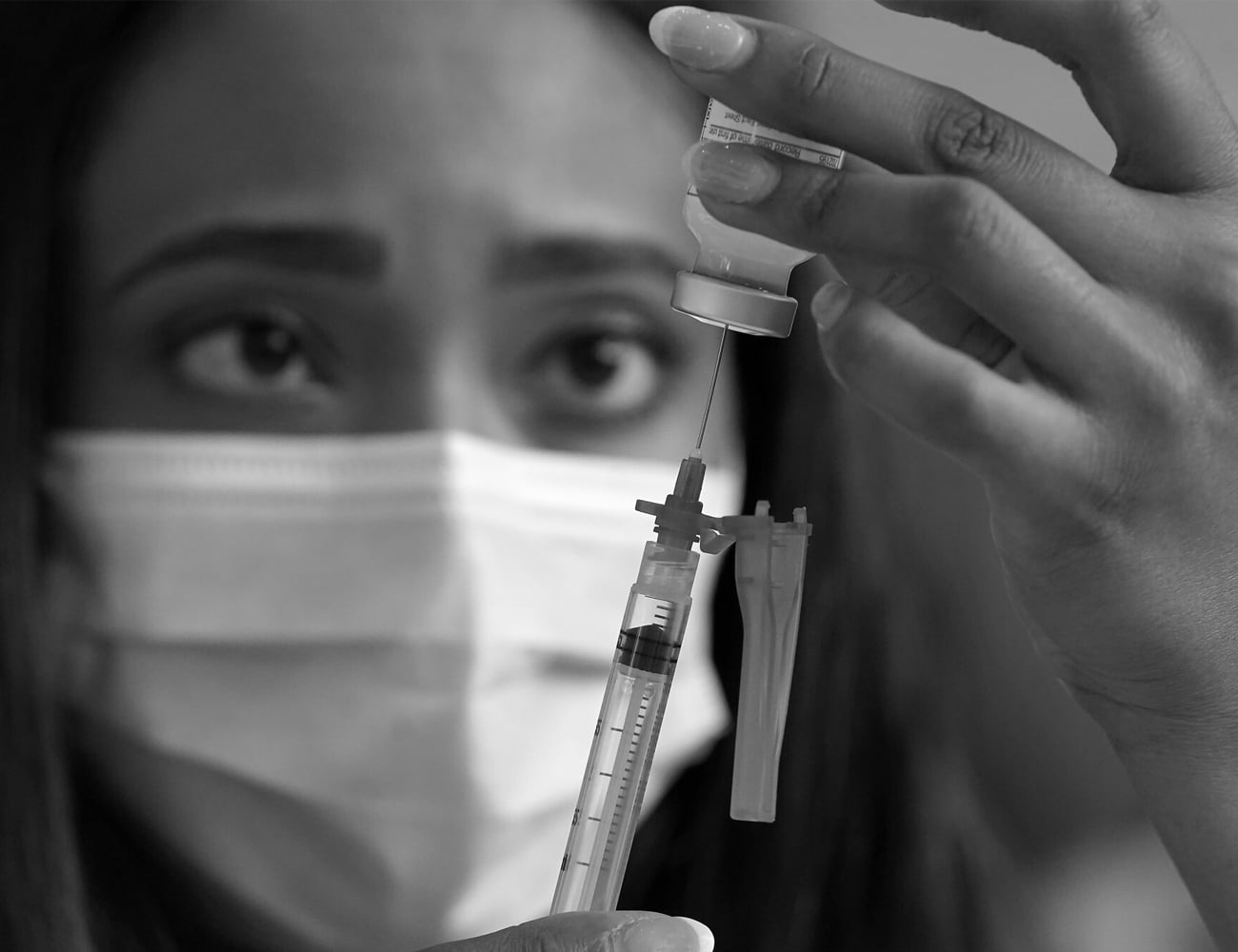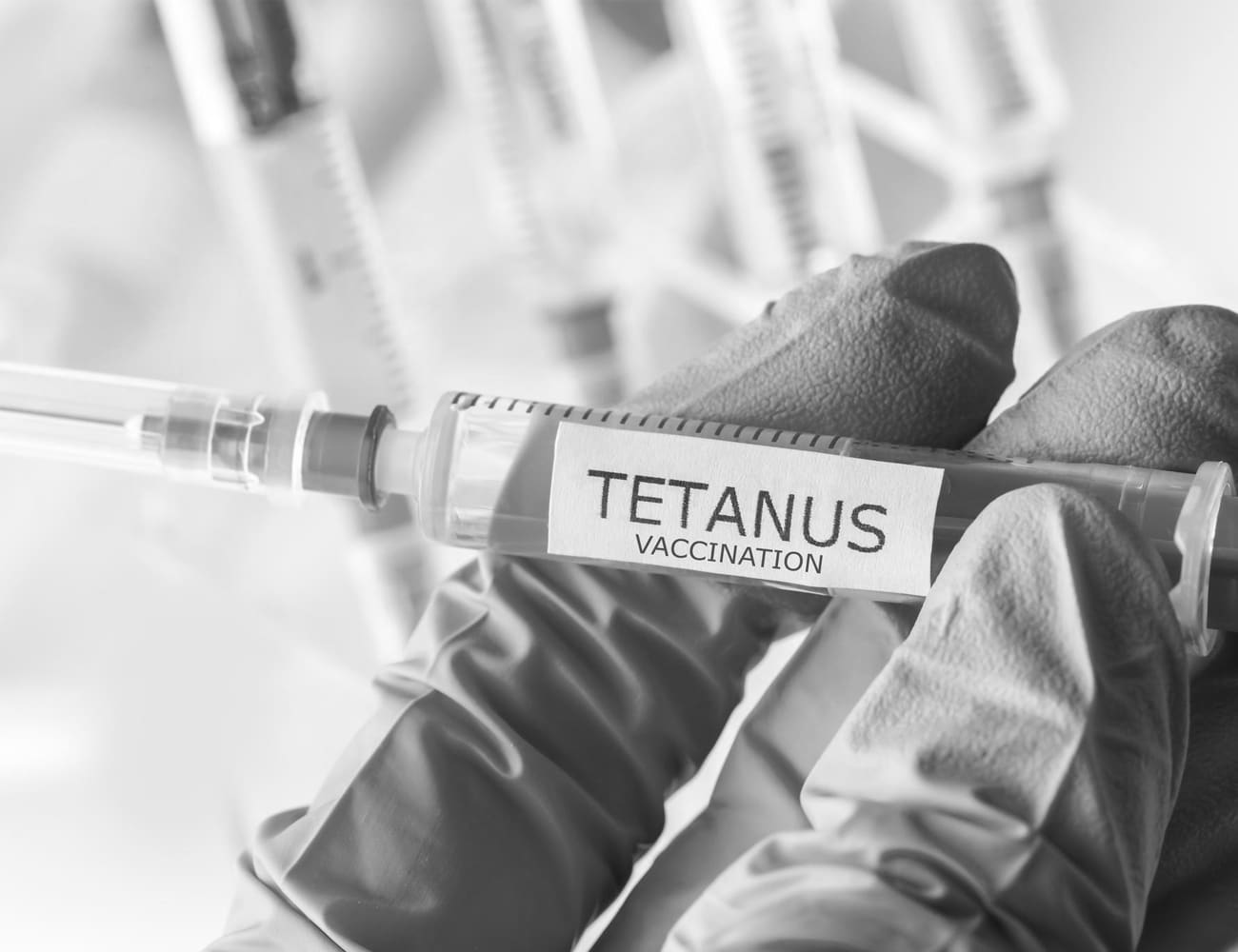Stay Healthy and Safe: Essential Shots to Get Before Exploring Tanzania, Africa
Are you planning a trip to Tanzania, Africa? Before you embark on your adventure, it’s essential to prioritize your health and safety by getting the necessary shots. Tanzania is a stunning country with diverse wildlife and beautiful landscapes, but it’s important to take precautions to ensure a worry-free trip.
To fully enjoy your time in Tanzania, make sure you are up-to-date on immunizations. Key shots to consider include hepatitis A and B, typhoid, tetanus, and yellow fever. These vaccinations can protect you from potentially dangerous infections and diseases prevalent in the region.
By prioritizing your health and safety, you can focus on the incredible experiences Tanzania has to offer. From witnessing the Great Migration in the Serengeti to summiting Mount Kilimanjaro, Tanzania is a destination that promises unforgettable memories. So, don’t let preventable illnesses hinder your journey.
Consult with a healthcare professional or travel clinic well in advance of your trip to ensure you receive the necessary shots needed for Tanzania Africa trip. A little preparation goes a long way in making sure your adventure in Tanzania is memorable for all the right reasons.
Importance of getting vaccinations before traveling

When planning a trip to Tanzania, getting the necessary vaccinations should be at the top of your priority list. Vaccinations are a crucial aspect of travel preparation as they help protect you from potentially life-threatening diseases and infections. It’s important to understand that certain diseases are more prevalent in specific regions, and Tanzania is no exception.
By getting vaccinated, you not only safeguard your health but also contribute to the overall well-being of the local population. Vaccinations help prevent the spread of diseases, ensuring that you don’t inadvertently become a carrier and introduce new infections into the area.
Additionally, some vaccinations may be required for entry into Tanzania. For example, yellow fever vaccination is mandatory for all travelers coming from countries with a risk of yellow fever transmission. It’s crucial to check the specific vaccination requirements for Tanzania and ensure that you comply with them before your trip.
Common diseases and health risks in Tanzania

Like any other travel destination, Tanzania has its own health risks and diseases that travelers should be aware of. This is why you must take the shots needed for Tanzania Africa. Some of the common diseases include:
- Malaria: Malaria is a prevalent mosquito-borne disease in Tanzania. It is essential to take prophylactic medication and use mosquito repellent to minimize the risk of contracting malaria.
- Hepatitis A and B: These are viral infections that can be spread through contaminated food and water or contact with infected individuals. Vaccination against hepatitis A and B is highly recommended for travelers to Tanzania.
- Typhoid: Typhoid fever is a bacterial infection that can be contracted through contaminated food and water. Vaccination against typhoid is essential, especially if you plan on venturing outside major tourist areas.
- Tetanus: Tetanus is a bacterial infection that can enter the body through open wounds. It’s crucial to ensure that your tetanus vaccination is up to date, especially if you plan on engaging in activities that may expose you to cuts or puncture wounds.
- Yellow fever: Yellow fever is a viral disease transmitted by mosquitoes. As mentioned earlier, vaccination against yellow fever is mandatory for entry into Tanzania if you are coming from a country with a risk of yellow fever transmission.
These are just a few of the diseases and health risks that travelers to Tanzania should be aware of. It’s important to consult with a healthcare professional or travel clinic to understand the specific risks based on your travel itinerary and personal health history.
Recommended vaccinations for travelers to Tanzania

To ensure your health and safety during your trip, you need to take the shots needed for Tanzania Africa. These vaccinations can protect you from the most common and potentially dangerous diseases prevalent in the region. Here are the essential shots to consider:
- Hepatitis A and B: Hepatitis A and B are viral infections that can cause liver disease. These infections can be transmitted through contaminated food and water or contact with infected individuals. Vaccination against hepatitis A and B is highly recommended for all travelers to Tanzania.
- Typhoid: Typhoid fever is a bacterial infection that can be contracted through contaminated food and water. Vaccination against typhoid is crucial, especially if you plan on exploring remote areas or eating outside major tourist areas.
- Tetanus: Tetanus is a bacterial infection that can enter the body through open wounds. Ensuring your tetanus vaccination is up to date is important, as accidents can happen anywhere, and it’s better to be safe than sorry.
- Yellow fever: Yellow fever is a viral disease transmitted by mosquitoes. As mentioned earlier, yellow fever vaccination is mandatory for entry into Tanzania if you are coming from a country with a risk of yellow fever transmission. Even if it’s not mandatory, it is highly recommended to protect yourself and reduce the risk of contracting the disease.
- Malaria: While not a vaccination, taking malaria prophylactic medication is essential when traveling to Tanzania. Malaria is a significant health risk in the country, and preventing mosquito bites and taking medication can greatly reduce the risk of contracting the disease.
These are the core vaccinations to consider before traveling to Tanzania. However, depending on your travel plans, duration, and personal health history, additional vaccinations may be recommended. It’s crucial to consult with a healthcare professional or travel clinic to develop a personalized vaccination plan.
Preparing for your vaccination appointment
Before your vaccination appointment, there are a few steps you can take to ensure a smooth and informed experience. Here’s what you should do:
- Research: Familiarize yourself with the recommended vaccinations for Tanzania by consulting reputable sources such as the Centers for Disease Control and Prevention (CDC) or the World Health Organization (WHO). This will help you understand the importance of each vaccination and make informed decisions.
- Plan in advance: Schedule your vaccination appointment well in advance of your travel dates. Some vaccinations require multiple doses or take time to become effective, so it’s important to give yourself enough time to complete the vaccination series before your trip.
- Medical history and allergies: During your appointment, provide your healthcare provider with your complete medical history, including any allergies or adverse reactions to vaccines or medications. This information will help them determine the most suitable vaccinations for you.
- Travel itinerary: Discuss your travel plans and itinerary with your healthcare provider. They can provide additional recommendations based on specific locations or activities you plan to engage in during your trip.
- Budget: Inquire about the cost of each vaccination and whether they are covered by your insurance. This will help you plan your budget accordingly and ensure that you can afford the necessary vaccinations.
By preparing for your vaccination appointment, you can have an informed discussion with your healthcare provider and receive the most appropriate vaccinations for your trip to Tanzania.
Understanding the different types of vaccinations
Vaccinations can be categorized into different types based on how they are made and how they stimulate the immune system. Understanding these types and the shots needed for Tanzania Africa can help demystify the vaccination process and make informed decisions. Here are the common types of vaccinations:
- Inactivated vaccines: Inactivated vaccines contain killed or inactivated viruses or bacteria. They stimulate an immune response without causing the disease. Examples of inactivated vaccines include hepatitis A, influenza, and polio vaccines.
- Live attenuated vaccines: Live attenuated vaccines contain weakened forms of the virus or bacteria. They stimulate a strong immune response and provide long-lasting immunity. Examples of live attenuated vaccines include measles, mumps, and rubella (MMR) and yellow fever vaccines.
- Subunit, recombinant, and conjugate vaccines: These vaccines contain specific pieces or components of the virus or bacteria, such as proteins or polysaccharides. They are highly purified and stimulate a targeted immune response. Examples include hepatitis B, pneumococcal, and meningococcal vaccines.
- Toxoid vaccines: Toxoid vaccines target bacterial toxins rather than the bacteria itself. They contain inactivated toxins that stimulate an immune response. Examples include tetanus and diphtheria vaccines.
Each type of vaccine has its own advantages and considerations. Your healthcare provider will recommend the most appropriate type of vaccine based on your health status, age, and travel plans.
Where to get vaccinated for travel to Tanzania
When it comes to getting the shots needed for Tanzania Africa, there are several options available. Here are a few places where you can receive the necessary vaccinations:
- Healthcare provider: Schedule an appointment with your primary care physician or a healthcare provider who specializes in travel medicine. They can provide personalized recommendations based on your health history and travel plans.
- Travel clinics: Travel clinics are specialized medical facilities that focus on providing vaccinations and health advice for travelers. These clinics often have healthcare professionals with expertise in travel medicine and can offer a comprehensive range of vaccinations specific to your destination.

A Pharmacist Attending to a Patient - Pharmacies: Some pharmacies offer travel vaccination services. Check with your local pharmacy to see if they provide the necessary shots for travel to Tanzania. However, it’s important to ensure that the pharmacy has trained professionals who can administer the vaccinations correctly.
- Public health departments: Local public health departments may offer vaccinations for travel. Contact your nearest public health department to inquire about the availability of travel vaccinations and any associated costs.
Regardless of where you choose to get vaccinated, remember to schedule your appointment well in advance to allow time for multiple doses or any required waiting periods.
Other health and safety measures to consider
While vaccinations are a crucial aspect of staying healthy and safe while traveling to Tanzania, there are additional measures you can take to further protect yourself. Here are some other health and safety considerations:
- Food and water safety: Drink only bottled or purified water and avoid consuming raw or undercooked food. Stick to hot, freshly prepared meals and fruits that can be peeled.
- Insect bite prevention: Tanzania is home to mosquitoes that can transmit diseases such as malaria and dengue fever. Use insect repellents containing DEET, wear long sleeves and pants, and sleep under mosquito nets to minimize the risk of mosquito bites.
- Sun protection: Tanzania is known for its sunny weather. Protect yourself from harmful UV rays by wearing sunscreen with a high SPF, a hat, and sunglasses. Seek shade during peak sunlight hours to avoid heatstroke or sunburn.

A Person Applying Sun Protection Cream - Personal hygiene: Maintain good personal hygiene practices, such as regular handwashing with soap and water or using hand sanitizer. This will help prevent the spread of germs and reduce the risk of infections.
- Travel insurance: Consider purchasing travel insurance that includes medical coverage. This will provide financial protection in case of unexpected medical emergencies or the need for medical evacuation.
Travel insurance and medical assistance in Tanzania
Having travel insurance is highly recommended when visiting Tanzania. Travel insurance can provide coverage for medical expenses, emergency medical evacuation, trip cancellations, lost luggage, and other unforeseen circumstances. It’s important to carefully review the coverage and exclusions of the policy to ensure it meets your specific needs.
In addition to travel insurance, it’s also a good idea to research and familiarize yourself with the local healthcare facilities and medical services available in Tanzania. Knowing where to seek medical assistance in case of an emergency can save valuable time and potentially be life-saving.
Ensuring a safe and healthy trip to Tanzania
When planning a trip to Tanzania, it’s vital to prioritize your health and safety. By getting the necessary shots needed for Tanzania Africa, you can protect yourself from common diseases and health risks prevalent in the region. Consult with a healthcare professional or travel clinic to understand the recommended vaccinations based on your travel plans and personal health history.
In addition to vaccinations, remember to take other health and safety measures such as practicing good personal hygiene, using insect repellent, and protecting yourself from the sun. Consider purchasing travel insurance that includes medical coverage to provide financial protection in case of emergencies.
By taking the necessary precautions, you can ensure a safe and healthy trip to Tanzania, allowing you to fully immerse yourself in the incredible experiences this beautiful country has to offer. Explore the vast plains of the Serengeti, witness the breathtaking wildlife, and embrace the vibrant culture of Tanzania with peace of mind. Bon voyage!
Note: The information provided in this article is for informational purposes only and should not be considered medical advice. It is important to consult with a healthcare professional or travel clinic to get personalized recommendations based on your specific health needs and travel plans.
For more articles related to Tanzania Immigration, click here!


































